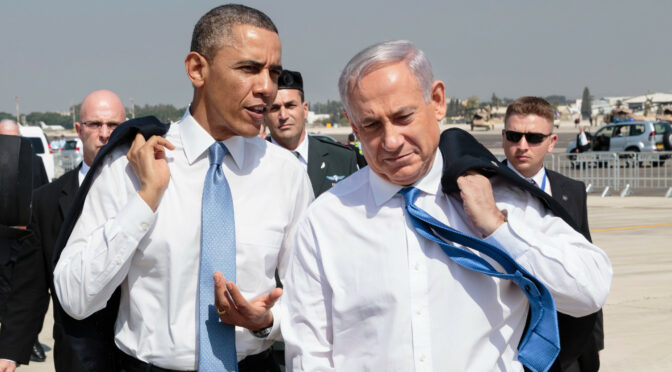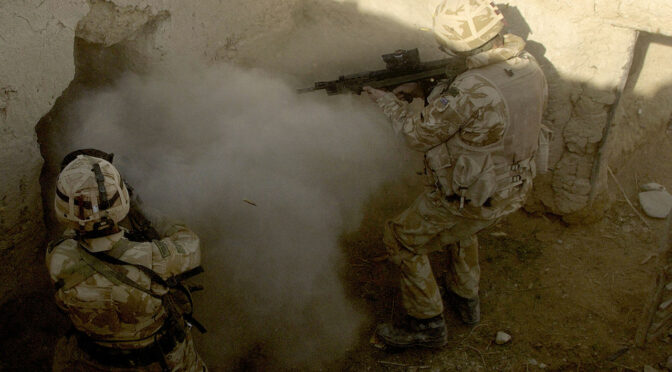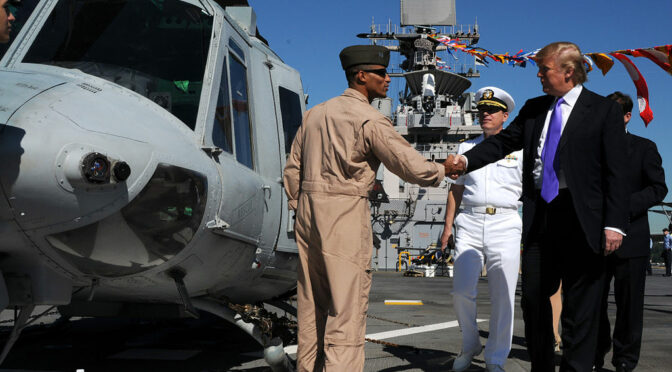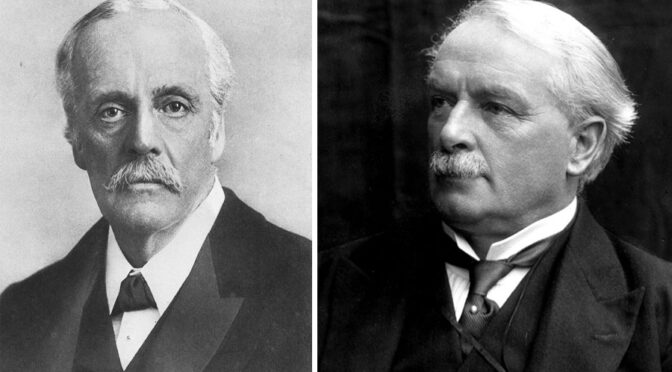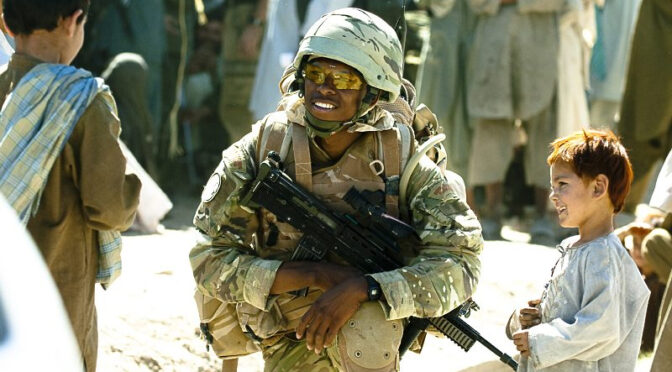Letter to the editor of The Times, published 27 January 2017. © Richard Kemp
Killing a wounded enemy soldier who is no longer a threat is a war crime under the Geneva Convention. Of course it is wrong to kill an enemy fighter the way that Sergeant Alexander Blackman did, although this can be mitigated by the stress of combat, as his legal team hopes to demonstrate on appeal.
Mercy killing is also illegal on the battlefield. But a soldier in battle remains a human being with human strengths and weaknesses including compassion. An SAS patrol that allegedly killed three Iraqi insurgents who were bleeding to death and could not be saved during the 2003 Gulf War is still under investigation. Compassion perhaps kicks in even more strongly when a soldier is confronted by the sight of a close comrade beyond treatment and screaming in agony. Putting him out of his misery is as much a crime as finishing off a wounded enemy. But throughout history fighting men have shouldered this impossible burden. In 1917 at Passchendaele, soldiers of my great uncle’s regiment shot several of their own men sucked into the mud rather than see them slowly suffocate.
The legal protection for enemy and comrades alike must be preserved but we must also have the humanity to make allowances for the awful challenges faced by the men who volunteer to defend us in battle.
Colonel Richard Kemp
Commander of British forces in Afghanistan in 2003, London SW1


